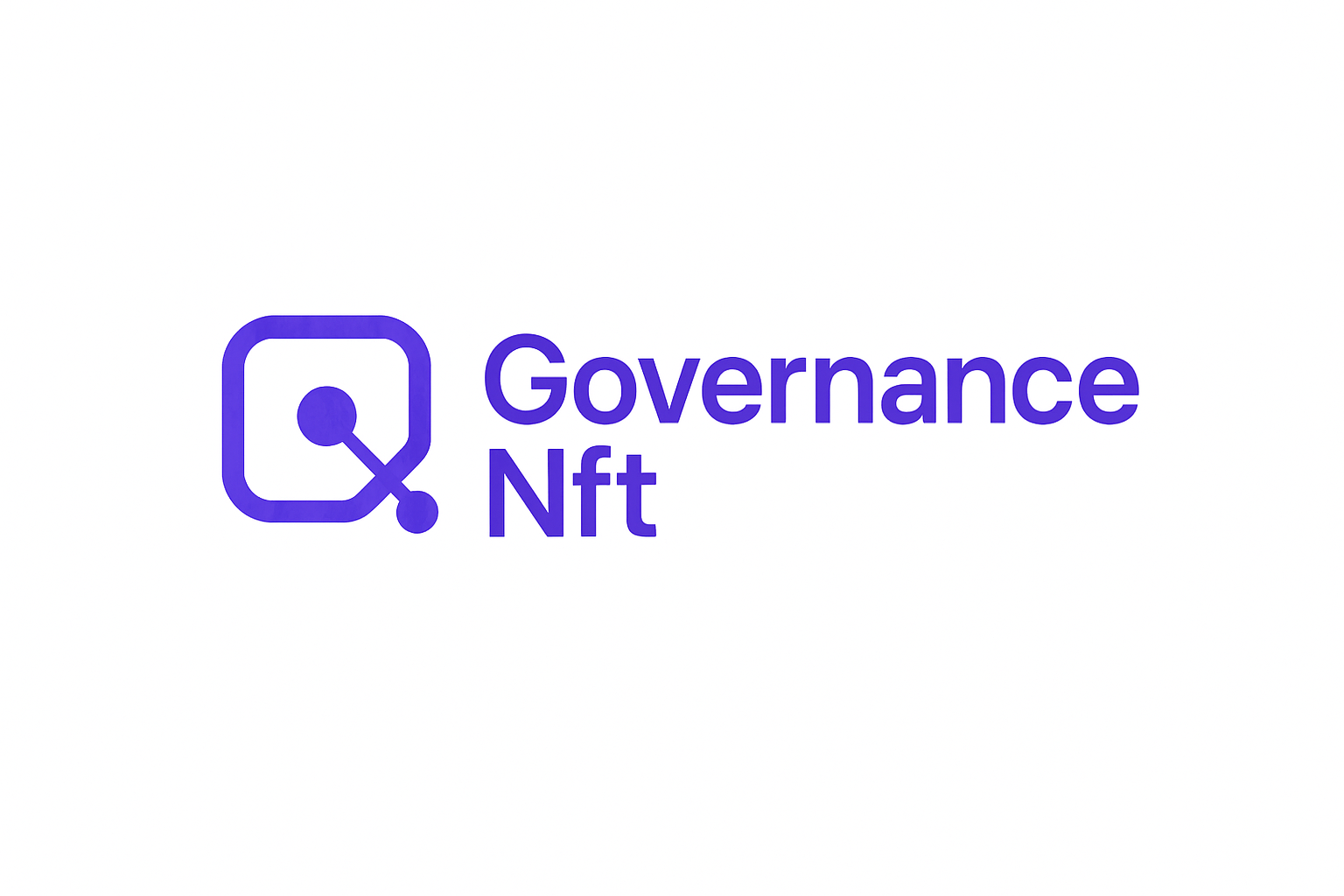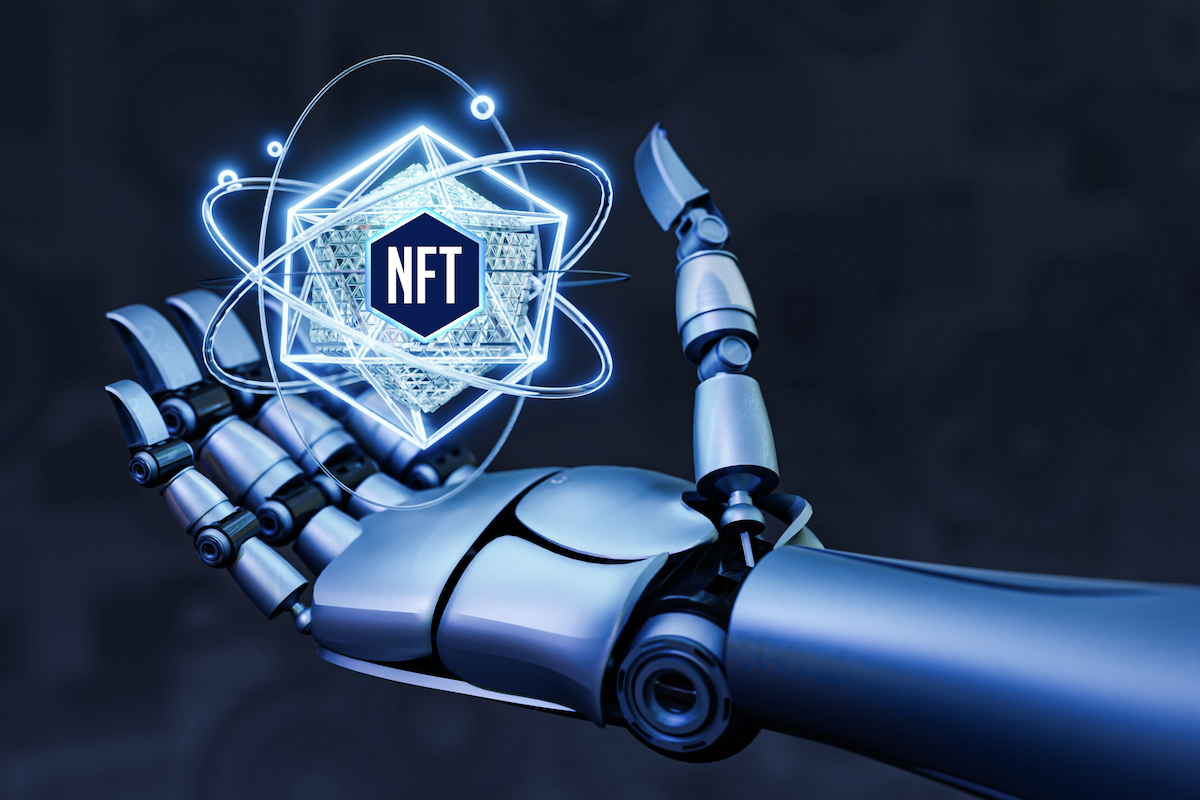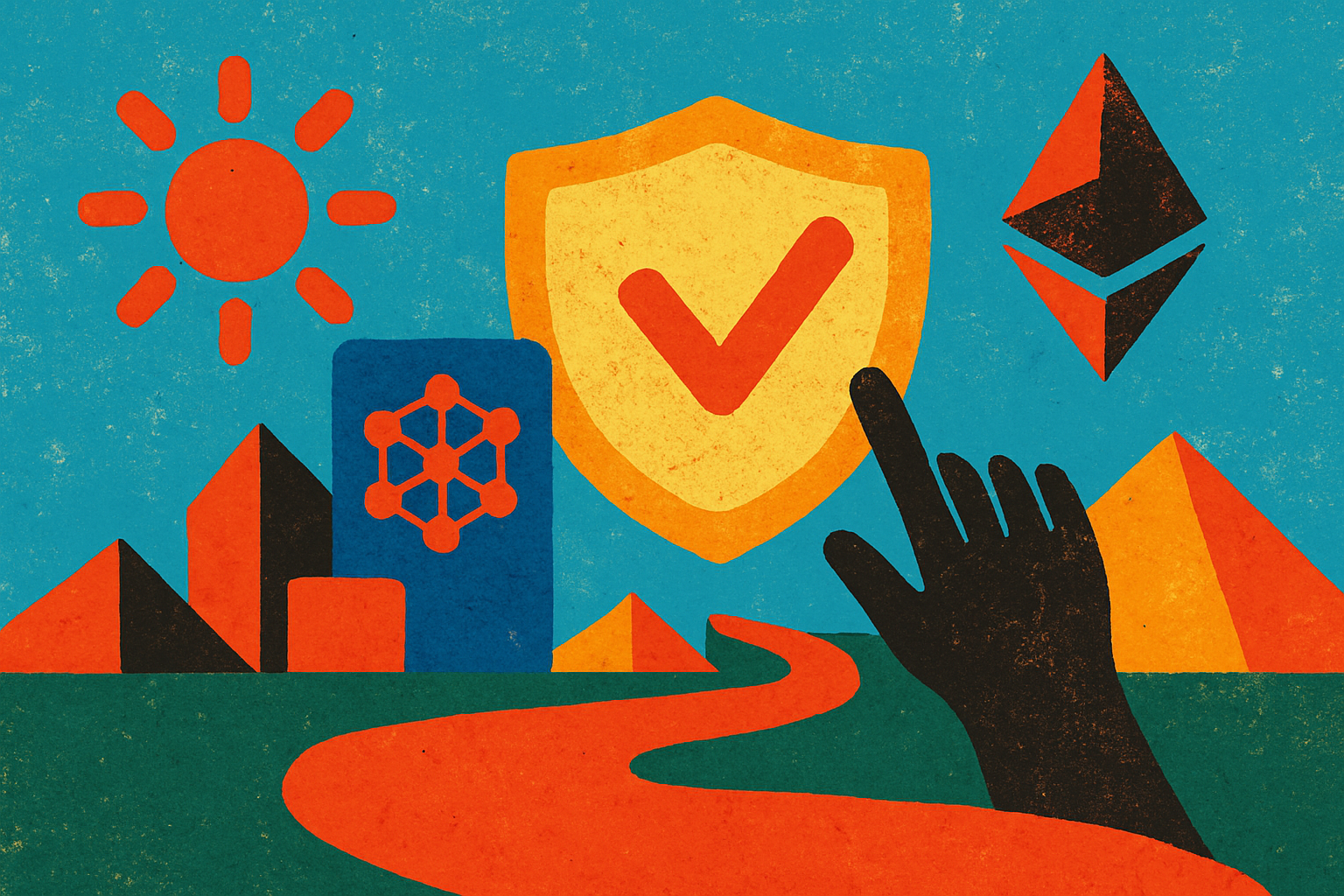
In 2025, the landscape of decentralized organizations is rapidly evolving, with self-sovereign identity (SSI) emerging as a foundational pillar for Web3 communities. At the heart of this shift are Governance NFT Badges, which function as more than just digital collectibles. These non-transferable, on-chain credentials are redefining how DAOs verify membership, allocate voting rights, and foster trust without sacrificing privacy or decentralization.

What is Self-Sovereign Identity in Web3?
Self-sovereign identity (SSI) gives individuals full ownership and control over their digital identities, eliminating the need for centralized authorities. In the context of Web3 and DAOs, SSI means that members can prove their unique participation and contributions without exposing their entire wallet or personal data. Instead of relying on usernames or email addresses managed by a third party, SSI leverages blockchain-based credentials – like Governance NFT Badges – to establish verifiable identity and reputation.
This approach is particularly important for DAOs, where transparency, privacy, and resistance to manipulation are critical. By tying DAO membership and voting rights to unique NFT badges linked to decentralized identifiers (DIDs), organizations can ensure that each participant is authentic while maintaining user sovereignty over their credentials.
How Governance NFT Badges Enable Verifiable On-Chain Identity
The adoption of governance NFT badges has accelerated because they serve as robust digital passports within DAOs. Each badge represents an individual’s verified status – whether as a contributor, voter, or core member – recorded immutably on-chain. Unlike fungible tokens that can be transferred or sold, these badges are typically non-transferable (soulbound), ensuring that only the rightful owner can use them to participate in governance processes.
This system dramatically reduces the risk of Sybil attacks, where malicious actors create multiple fake accounts to sway votes or extract value from a DAO. With each member uniquely identified via their badge and DID linkage, organizations can confidently enforce one-person-one-vote frameworks or weighted voting based on meritocratic criteria.
The Privacy-Participation Balance: Why It Matters
A recurring challenge in Web3 governance is balancing transparency with individual privacy. Traditional systems often require users to reveal extensive personal information to prove eligibility or participation – a model at odds with the ethos of decentralization. SSI powered by governance NFT badges flips this paradigm: members can prove they possess certain attributes (like being an active contributor) without disclosing sensitive details about their wallet contents or real-world identity.
This selective disclosure is made possible through cryptographic proofs embedded in NFTs and DIDs. For example, a DAO may issue a badge certifying someone’s right to vote based on prior contributions; when it comes time to vote, the member proves ownership of the badge without revealing every asset they hold. This not only boosts privacy but also lowers barriers for new participants who might otherwise hesitate due to security concerns.
The result? A more inclusive yet secure environment where influence is earned through action rather than token hoarding – aligning perfectly with the meritocratic values many DAOs aspire toward. To learn more about how these systems work in practice, explore our guide on how DAOs use NFT badges to power decentralized governance.
As DAOs mature in 2025, the convergence of governance NFT badges and self-sovereign identity (SSI) is unlocking new models for organizational trust and participation. Gone are the days when a handful of whales could dominate governance based solely on token holdings. Instead, DAOs are increasingly rewarding meaningful engagement, contributions to code, moderation, proposal drafting, or community building, with non-transferable NFT credentials that reflect real reputational capital.
These verifiable NFT credentials serve as dynamic records of each member’s journey within the organization. Because they are cryptographically linked to decentralized identifiers (DIDs), badges can be updated to reflect new achievements or evolving roles while remaining tamper-proof and transparent to the community. This creates a living reputation system that is both portable across DAO ecosystems and resistant to manipulation.
Real-World Use Cases: From Voting Rights to Cross-DAO Reputation
The practical impact of this technology is already being felt across leading Web3 communities. For instance, DAOs focused on protocol development or digital art curation are issuing badges that grant access to specialized voting rounds or working groups. Members who have demonstrated expertise or commitment unlock higher levels of governance influence, without ever revealing more about themselves than they choose.
Moreover, these badges are becoming interoperable credentials: a contributor’s reputation in one DAO can be recognized by another, facilitating cross-community collaboration and onboarding. Imagine earning a badge for open-source development in one ecosystem and using it as proof of skill when joining another project, no need for resumes or off-chain references.
Top Use Cases for Governance NFT Badges in DAOs
-
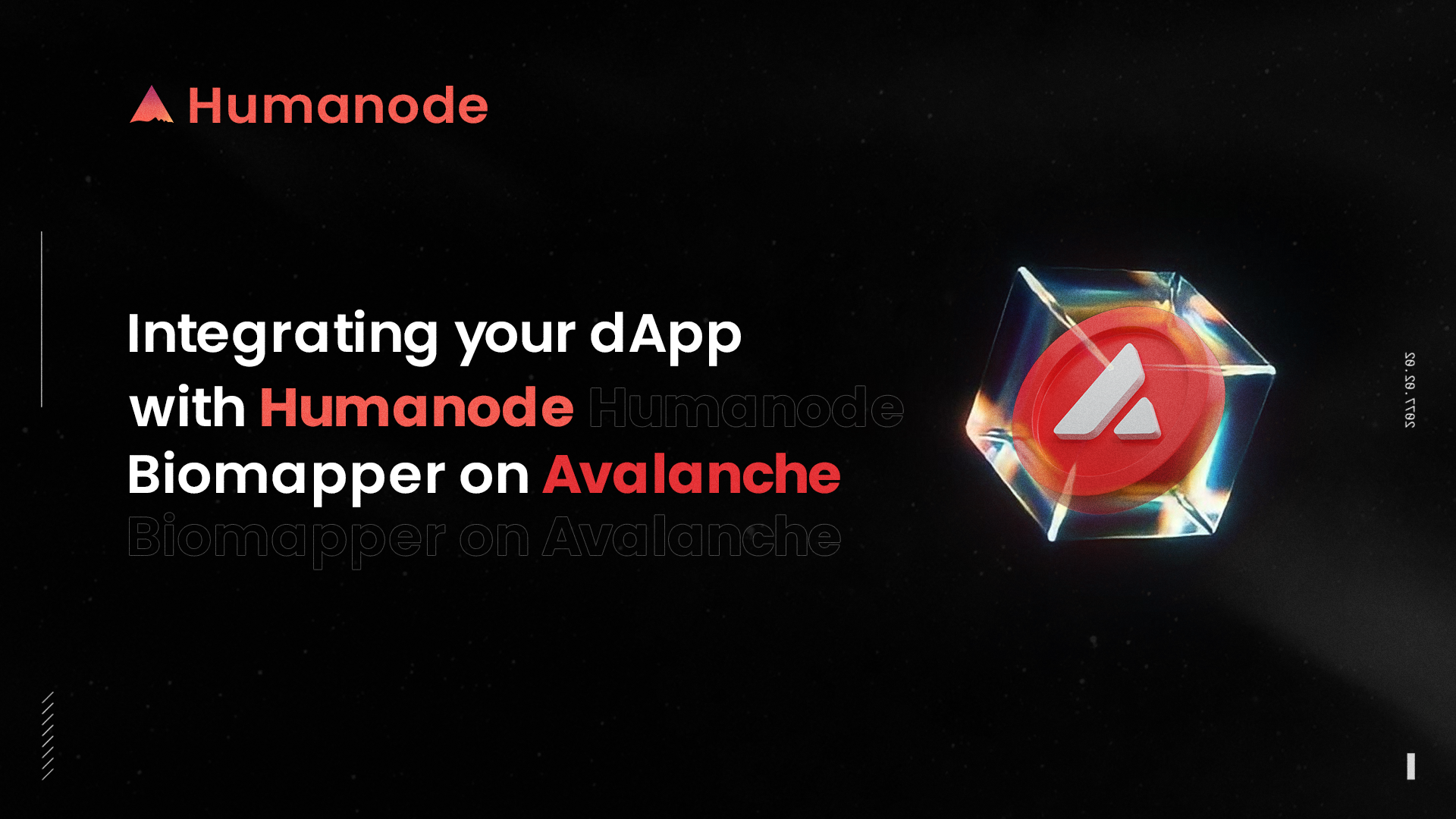
Sybil Attack Prevention: Governance NFT badges act as unique, non-transferable digital IDs, ensuring each DAO member is verifiably unique. This drastically reduces the risk of Sybil attacks by making it impossible for one user to control multiple voting identities.
-
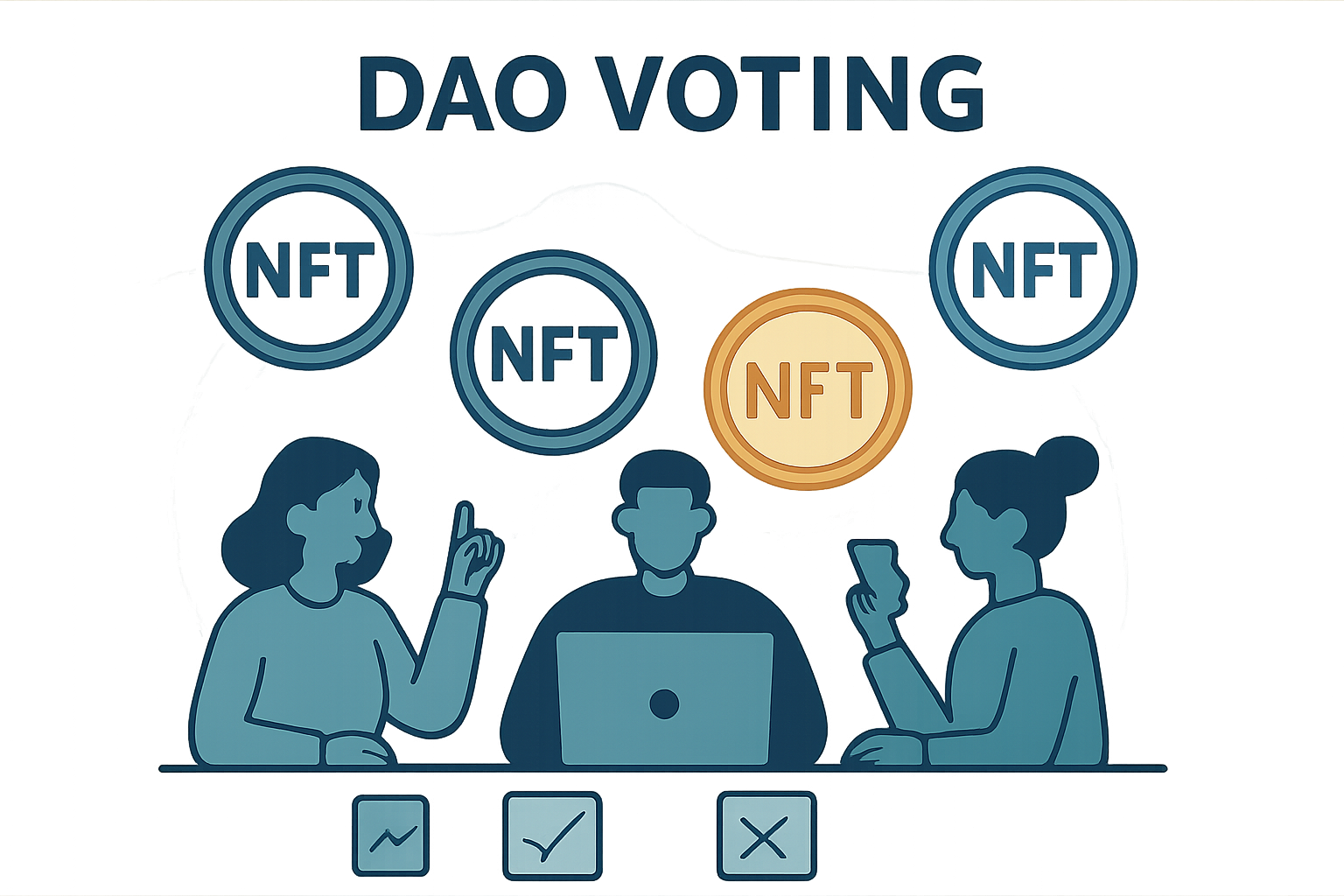
Transparent & Secure DAO Voting: NFT badges provide on-chain, auditable credentials for each voter, enabling transparent and tamper-proof voting processes within DAOs. Every vote and badge issuance is publicly verifiable on the blockchain.
-

Verifiable Reputation & Contribution Tracking: Governance badges can showcase a member’s achievements, roles, and contributions within a DAO. This creates a merit-based system where influence is earned, not bought.
-
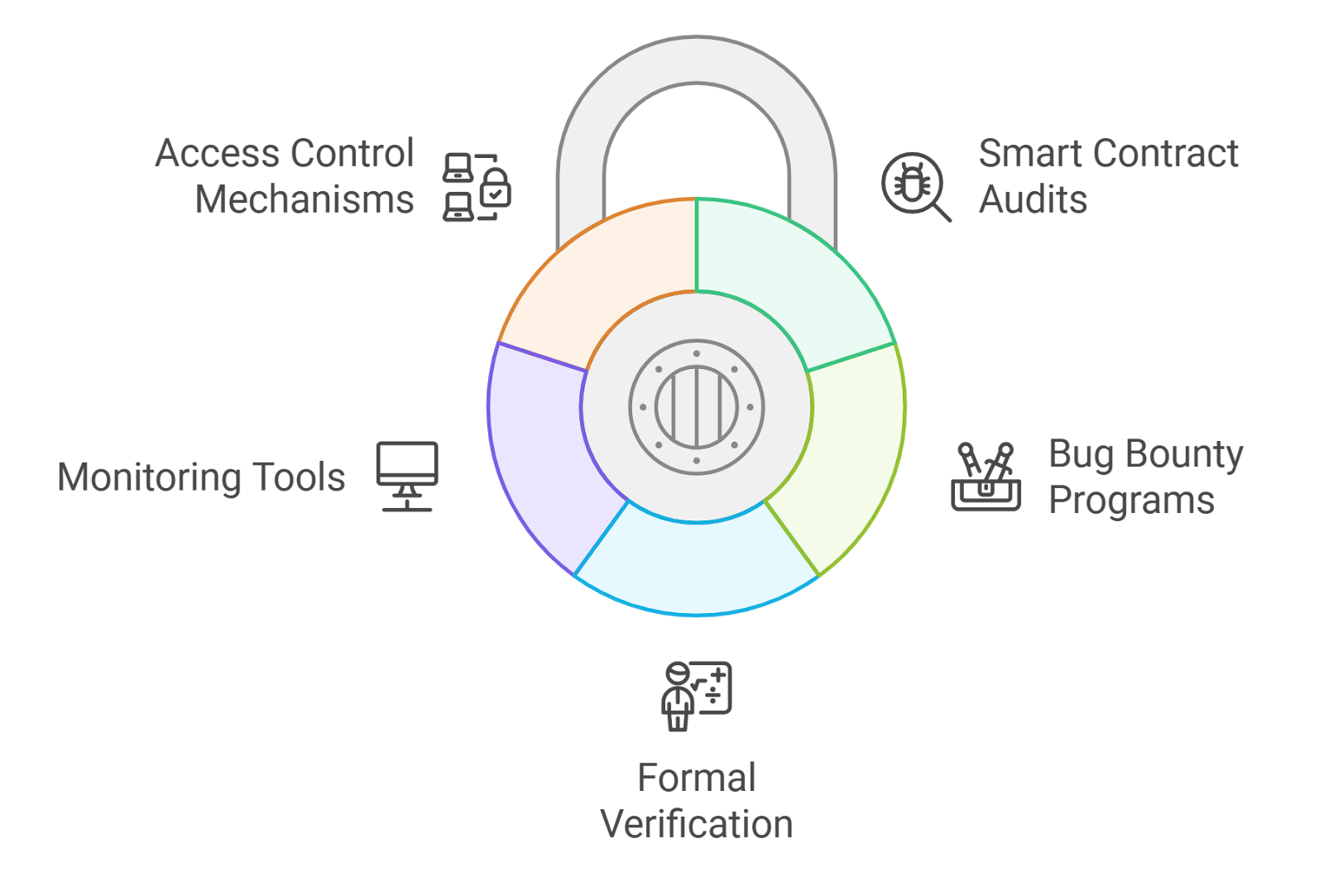
Cross-DAO Participation & Interoperability: NFT badges enable members to prove their credentials across multiple DAOs, fostering collaboration and cross-DAO governance through interoperable identity standards like W3C DID.
This portability is transforming how individuals build their Web3 identities. Rather than being siloed within a single platform, SSI-enabled badges empower users to curate their own multi-DAO reputations, an essential step toward genuine digital self-sovereignty.
Challenges and Forward Momentum
No innovation arrives without hurdles. One challenge facing widespread adoption is educating communities about the privacy-preserving mechanics behind SSI and NFT credentials. Many newcomers still conflate blockchain transparency with exposure; however, as more DAOs implement systems where badge ownership can be proven without leaking wallet balances or transaction histories, confidence is growing rapidly.
Another consideration is standardization. The push for interoperable DID protocols and universal badge formats will be key if we want seamless recognition of reputational assets across chains and platforms. Industry alliances are forming around open standards to ensure these credentials remain future-proof as Web3 infrastructure evolves.
Empowering Decentralized Governance with Verifiable Credentials
The shift toward decentralized identity in DAOs isn’t just technical, it’s cultural. By anchoring voting rights, access controls, and organizational privileges in soulbound NFT badges tied to SSI frameworks, we’re moving closer to communities where power flows from proven contribution rather than capital alone.
This evolution also aligns with regulatory trends favoring privacy-by-design solutions over intrusive data collection. As more organizations recognize the value of letting users control their own credentials, and as tools like governance NFT badges become easier to issue and verify, the adoption curve will only steepen.
If you’re building or participating in a DAO today, now is the time to explore how verifiable NFT credentials can strengthen your community’s security, inclusivity, and reputation systems. The future of self-sovereign identity isn’t just coming, it’s being minted badge by badge on-chain every day.
